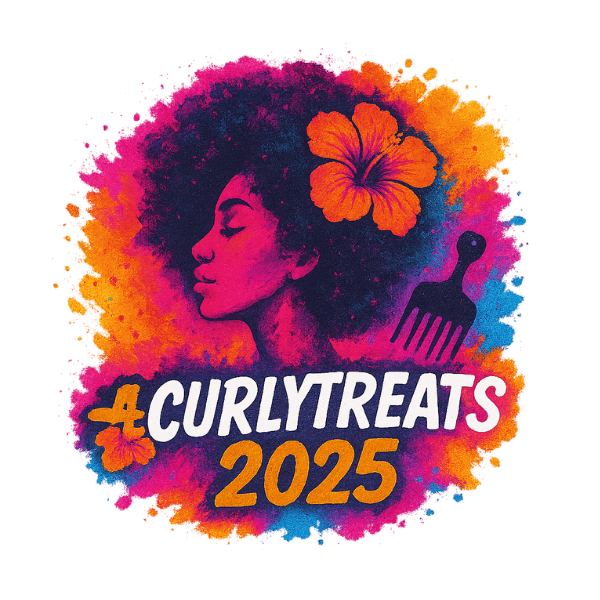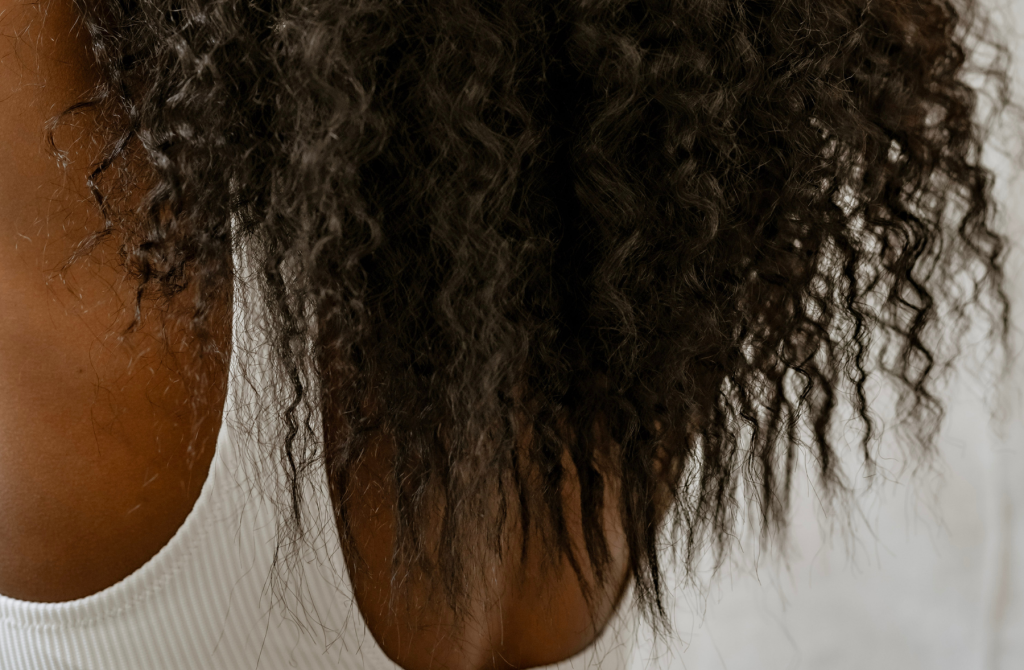Hair relaxers have been used for decades to straighten curly and coily hair textures. However, growing research has raised concerns about the potential health risks linked to these products - especially the possibility of an increased risk of uterine cancer. If you use hair relaxers or have used them in the past, here’s what you need to know to stay informed and empowered.
Understanding hair relaxers
What are hair relaxers?
Hair relaxers are chemical products that break down the natural structure of the hair shaft, making it straighter. The main active ingredients are strong alkaline compounds, such as sodium hydroxide (lye) or calcium hydroxide (no-lye). Relaxers also often include conditioners and stabilisers to reduce damage during processing.
A quick history
The idea of chemically altering hair texture dates back centuries, but modern relaxers gained popularity in the early 1900s, largely influenced by pioneers like Madame C.J. Walker. Today, relaxers remain widely used, particularly among Black women, despite the rise of the natural hair movement.
Types of relaxers
- Lye relaxers: Contain sodium hydroxide, known for quick, powerful straightening.
- No-lye relaxers: Use calcium hydroxide or guanidine hydroxide, which are milder but can cause more scalp dryness.
Can hair relaxers cause cancer?
Recent studies suggest a potential link between long-term hair relaxer use and a higher risk of uterine cancer, but it’s important to understand the science carefully.
Presence of harmful chemicals
- Carcinogens: Hair relaxers may contain or release substances like formaldehyde, parabens, and phthalates, all of which have been linked to cancer risks.
- Absorption through the scalp: When applied to the scalp, these chemicals can enter the bloodstream and potentially disrupt normal hormonal processes.
- Inhalation risks: Fumes generated during application may expose users and stylists to harmful chemicals, especially in poorly ventilated spaces.
Hormone disruption
Some ingredients in hair relaxers act as endocrine disruptors, mimicking estrogen in the body. High levels of estrogen are known to increase the risk of hormone-related cancers, including uterine cancer.
What the research says
The National Institutes of Health (NIH) published a study in 2022 that found a strong association between frequent use of hair straightening products and a higher risk of uterine cancer. Here’s a closer look:
- Women who reported using hair relaxers more than four times a year were twice as likely to develop uterine cancer compared to non-users.
- The study followed over 33,000 women for nearly 11 years.
- Although Black women were more likely to use hair relaxers, the study did not find that race itself was a direct factor - the issue lies in the chemical exposure.
It’s important to note that this research shows a correlation, not direct causation. Scientists are still investigating which specific chemicals and exposures are responsible for the increased risk.
Other health concerns linked to hair relaxers
- Uterine fibroids: Hair relaxer use has also been associated with a higher risk of fibroids, which can impact fertility and cause severe symptoms.
- Breast cancer: Some studies suggest a potential link between chemical hair products and increased breast cancer risk, although evidence is still evolving.
- Scalp burns and hair loss: Improper application or repeated use can damage the scalp and hair follicles, leading to hair thinning or permanent hair loss.
What you can do if you’ve used hair relaxers
Stay informed, not fearful
Learning about potential risks doesn’t mean you need to panic. It’s about making empowered choices for your future health.
Focus on preventive healthcare
- Schedule regular health screenings, including gynaecological exams.
- Communicate any concerns about chemical exposure with your healthcare provider.
- Pay attention to any changes in your reproductive health, such as unusual bleeding or pain.
Consider reducing or eliminating chemical use
If you’re concerned, transitioning to chemical-free hair care methods can minimise your exposure to harmful ingredients. Embracing your natural texture not only reduces risk but also celebrates the beauty of your hair’s original form.
Final thoughts: Protecting your health and your hair
The growing research around hair relaxers and uterine cancer highlights an important conversation about informed beauty choices. While scientists continue studying these links, what’s clear is that understanding the risks empowers you to make decisions that support your long-term health and well-being.
Celebrate your natural hair, prioritise your health, and stay connected to the latest research. Your hair journey is powerful - and so are you.




